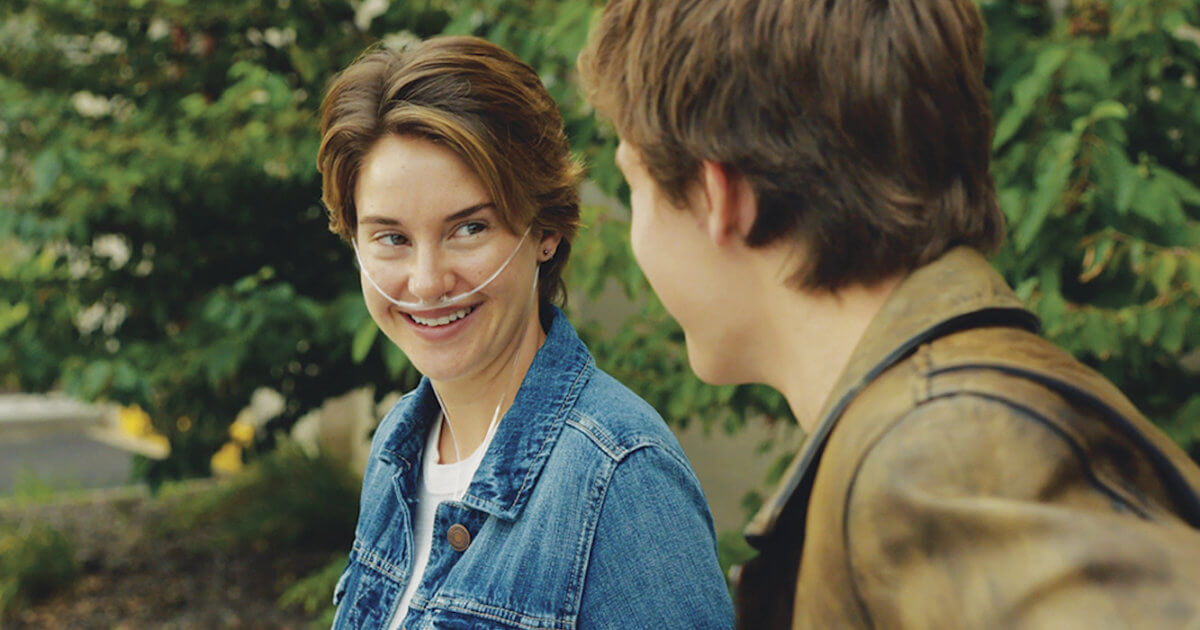No one ever wants to hear the words, "you've got cancer," but if you're a teenon the cusp of adulthood and already grappling with tumultuous changes taking place in your body and mind those words can be particularly traumatic.
In terms of cancer treatments, this demographic, known as AYA (adolescent and young adult) has often been referred to as a no man's land: Organizations like the American Cancer Society note that people in this age group can sometimes be caught between seeing pediatricians used to treating younger children and doctors who mainly treat older adults.
Read MoreIn addition, having specific healthcare wards or centers that specifically address the physical and psychological needs of teens are still not all that common. Adolescents and young adults are sometimes still treated in adult or children's wards, instead of a unit specifically for their age group.
The good news, though, is that things are changing. Reed asserts, "It's true that 20 years ago, no one was paying attention to the perils of this age group. A lot of people are, in fact studying young adults and cancer, but the information tends to not get decimated broadly."
In terms of support, Reing has seen some progress as well. He often refers his clients to Life With Cancer, an all-age cancer program in Fairfax Virginia, which offers education and resources specifically for teenagers. Bitemecancer.org is an educational and resource website for teenagers and livestrong.org has a section devoted soley to AYAs.
Over the past several years, facilities and/or programs designed just for AYAs have been opening, including the Stanford Adolescent and Young Adult Cancer Program in Palo Alto, California, and the Teen and Young Adult Program at Memorial Sloan Kettering in New York City.
Other organizations such as bitemecancer.org offers national teen support programs, education and research for AYAs, and cancer.net has a page devoted to resources for teens, as does the National Cancer Institute. Reed observes, "these patients have an insatiable demand for knowledge, just this thirst to want more and more information on their disease. The typical [teenage] patient just wants to know that they are going to get better."
Learn more about SurvivorNet's rigorous medical review process.

